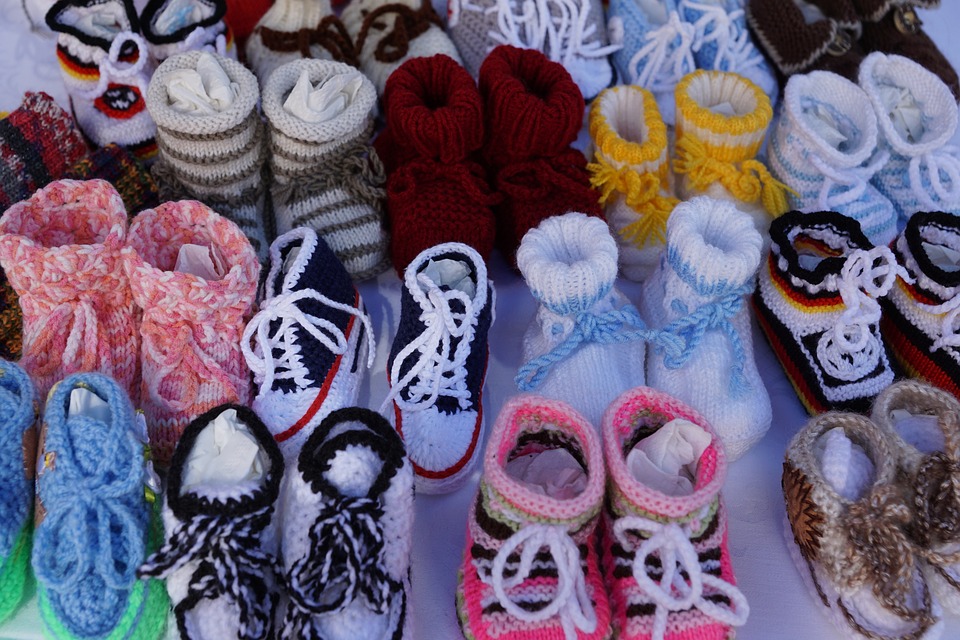Aggregated News

After nearly two years of trying to have a baby, Karen Rzonca, 32, was hoping that this would be the month she finally got pregnant.
When other reproductive medical treatments didn’t work, she and her husband, who live in New York City, decided to try in vitro fertilization, embarking on a path that thousands of women take each year, according to the Society for Assisted Reproductive Technology. First came the injections to stimulate egg production, then a surgical egg retrieval and embryo fertilization with her husband’s sperm.
On March 16, three days before one of the embryos would be inserted into her uterus, her doctor called with some bad news: The embryo transfer was canceled. If she were to contract the coronavirus it was unclear how it might affect her pregnancy or her baby, the doctor explained. And nobody knew when it would be safe to move forward.
“I definitely appreciated, I guess, the concern that the office had …” Rzonca said on March 19, her voice trailing off, leading to tears. “I pretty much took the phone call like...



